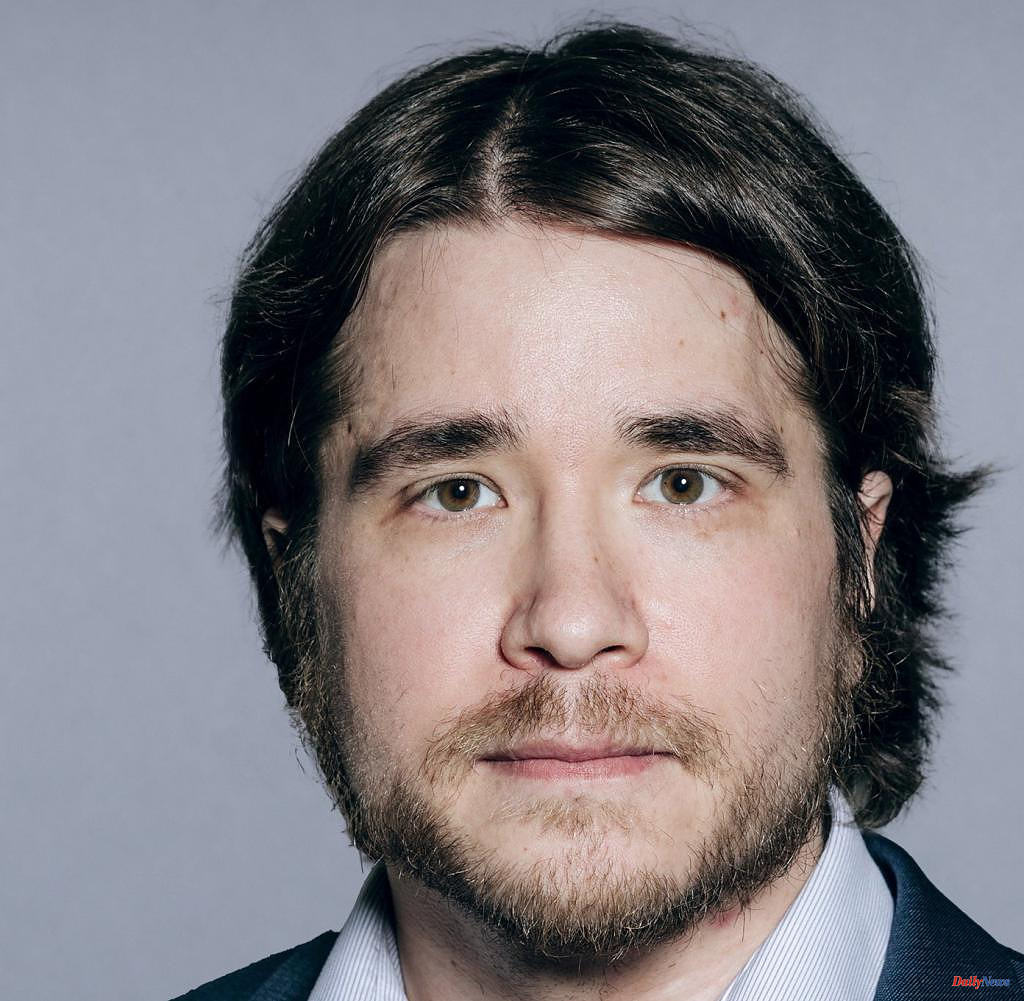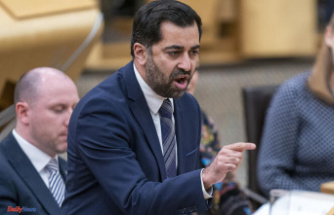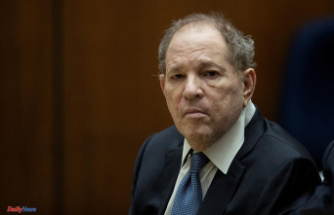A disastrous testimony for the FDP: 70 percent of those surveyed said they were “less or not at all satisfied” with the work of the Liberals in the traffic light coalition in the Deutschlandtrend – that is an increase of 13 points compared to the end of April. Only 24 percent are "very satisfied or satisfied" with the party (minus twelve).
However, as can be seen from the representative August survey by Infratest Dimap on behalf of ARD "Tagesthemen" and WELT - which was carried out before the plans for the future Corona rules were announced - dissatisfaction with the SPD is also pronounced: 62 percent (plus four points) express themselves accordingly, 34 percent (minus three) are satisfied. The Greens did best with 43 percent approval – the same value as in April. The proportion of those who are dissatisfied with the party increases slightly to 55 percent. Overall, 63 percent expressed disillusionment with the traffic light government.
The Sunday question for the federal election is also unsatisfactory from the point of view of the FDP and SPD: While the Liberals lose one point compared to the previous month and end up at seven percent, the Social Democrats lose two points. Remarkable: With 17 percent, the chancellor party is now closer to the AfD (13 percent, up two points) than to the green coalition partner, which still has 23 percent. CDU/CSU remain the strongest force and gain one point to 28 percent; the left would not make it into the Bundestag with an unchanged four percent.
The declining popularity of the FDP is also reflected in the assessment of individual top politicians: Federal Minister of Finance and party leader Christian Lindner is the biggest loser with a minus of seven points; only 30 percent of Germans are satisfied with it. Transport Minister Volker Wissing (FDP) is only ahead of Linke boss Janine Wissler with 13 percent approval.
All of the other traffic light ministers surveyed are also losing popularity. Economics Minister Robert Habeck (Greens) still makes it to second place in the ranking - half of those surveyed give him encouragement - but gives up five points. Despite slight losses, Foreign Minister Annalena Baerbock (Greens) remains the most popular politician with 55 percent approval. 42 percent are satisfied with Chancellor Olaf Scholz and Health Minister Karl Lauterbach (both SPD). Defense Minister Christine Lambrecht (SPD) ranks well behind opposition leader Friedrich Merz (CDU, 28 percent) with 20 percent.
There is a noticeable shift in the assessment of Germany's Ukraine policy compared to June: 32 percent of those surveyed now say that arms support for the country attacked by Russia goes too far (up nine points), while 23 percent does not go far enough (down six ); In other words, the group of skeptics is now significantly larger than the group of people who would like Ukraine to have more weapons. Two months ago it was the other way around. 39 percent currently think that German support is appropriate.
The support for sanctions against Russia has also decreased: Although the group of those for whom the sanctions do not go far enough is still the largest with a share of 37 percent, it has become smaller compared to June. On the other hand, the number of people for whom the sanctions go too far is growing significantly – by six points to 21 percent. 34 percent currently find this appropriate.
The attitude of citizens to the energy crisis was also determined. 41 percent would like financial relief for everyone - 56 percent, however, only for people with low incomes. And how should such measures be financed? While 46 percent are in favor of higher debt, 36 percent are betting on tax increases.
Infratest Dimap asked for three scenarios on the major controversial issue in energy policy - the possible continued use of nuclear energy beyond 2022: According to this, just 16 percent believe that the nuclear phase-out should be completed as planned by the end of the year. 41 percent advocate short-term stretching – the SPD and Greens have so far not agreed to more. Just as many think that nuclear energy should play a role in the long term.
Opinions on further energy policy measures were asked for in a less differentiated manner, but according to the “right – wrong” scheme: While eight out of ten respondents consider a faster expansion of wind energy to be correct, 61 percent are in favor of increased use of coal-fired power plants and for a limited one Speed limit on highways. On the other hand, only 27 percent support the production of fracking gas.
For the representative Germany trend, Infratest Dimap surveyed 1,313 citizens entitled to vote in 858 telephone interviews and 455 online interviews from August 1st to 3rd. The error tolerance is between two and three percentage points.
"Kick-off Politics" is WELT's daily news podcast. The most important topic analyzed by WELT editors and the dates of the day. Subscribe to the podcast on Spotify, Apple Podcasts, Amazon Music or directly via RSS feed.












